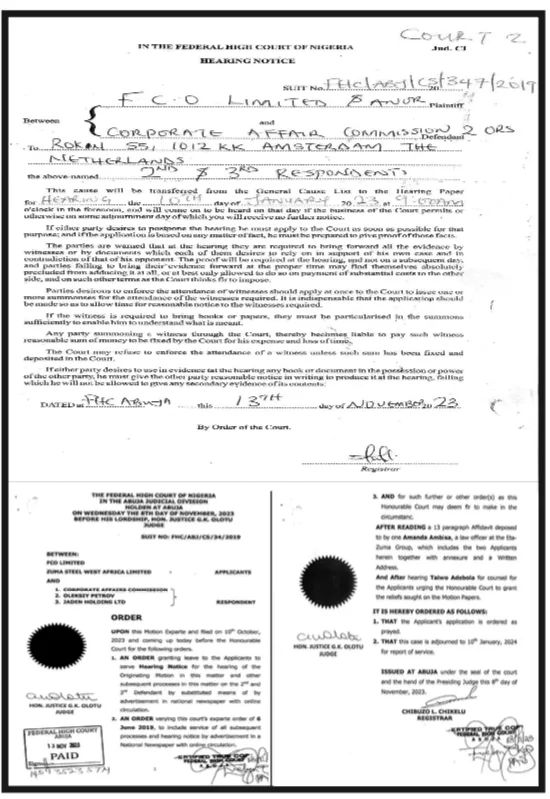The Independent Corrupt Practices and Other Related Offence Commission (ICPC) has raised alarms over the prevalence of corruption, asserting that 42% of high-ranking positions within the three arms of government and the private sector have been plagued by corruption between 2022 and 2023.
Speaking at the validation meeting of the Nigeria Corruption Index (NCI) Survey in Abuja, Prof. Tunde Babawale, the Provost of the Anti-Corruption Academy of Nigeria, highlighted that the findings revealed a disturbingly high level of corruption across the Legislature, Judiciary, Executive arms of government, and the private sector.
“Although at the level of the state, the score differs from one state to the other, but the bottom line is that there is an overall score that we found – over 42% in our own scale is highly corrupt for the entire country,” Babawale emphasized.
He underscored the urgency for a substantial shift in attitudes toward corruption, stressing that tolerance for corrupt practices had become widespread. Babawale urged the need to cultivate a zero-tolerance approach towards corruption, particularly among the youth and society at large.
“The details of the NCI reveal a very grim picture of our institutions, highlighting the urgent need for a change in our approach to tackling corruption,” Babawale continued.
The NCI survey aimed to examine grand corruption, particularly within high-ranking government positions and the private sector. Babawale pointed out that the objective was to evaluate the impact of grand corruption on society and offer recommendations for anti-corruption policies.
Highlighting some findings, Babawale expressed concerns about how corporate social responsibility was manipulated to perpetuate corruption between the private and public sectors.
“One of the things we found out is that people have built the concept of Corporate Social Responsibility fraudulently, they have used it to disguise corruption to also disguise the perpetration of corruption between the private and public sector,” Babawale lamented.
“What I mean by that is that private companies sometimes bring out the concept of corporate social responsibility as real corporate social responsibility, when what it is, is actually perpetuating corruption by giving officials bribes and even equipment.
“Some get cars bought for them and all of it we found out in the course of our survey. So, the government has to take a look at that. And purge it of all those impunity.”
Prof. Elijah Okebukola, the Lead Researcher on the Nigeria Corruption Index (NCI) project, echoed similar sentiments, emphasizing that the survey indicated a pervasive presence of corruption across various sectors, including different levels of government and within the three arms of government.
“The index does is that it measures corruption at different levels, and our findings reveal a disturbingly high level of corruption across various sectors,” Okebukola stressed.
Representing the Secretary of the commission, Mr. Clifford Oparaodu, Mr. Henry Emorie, the Director of Legal, emphasized the imperative role of the NCI as a crucial tool to comprehend and combat grand corruption in Nigeria. He stressed the urgent need for collective efforts between the government and the private sector to combat this deeply entrenched issue.
“The NCI provides a comprehensive insight into the pervasive impact of corruption, and it’s imperative for us to join hands in the fight against this societal menace,” Emorie concluded.
NAN












